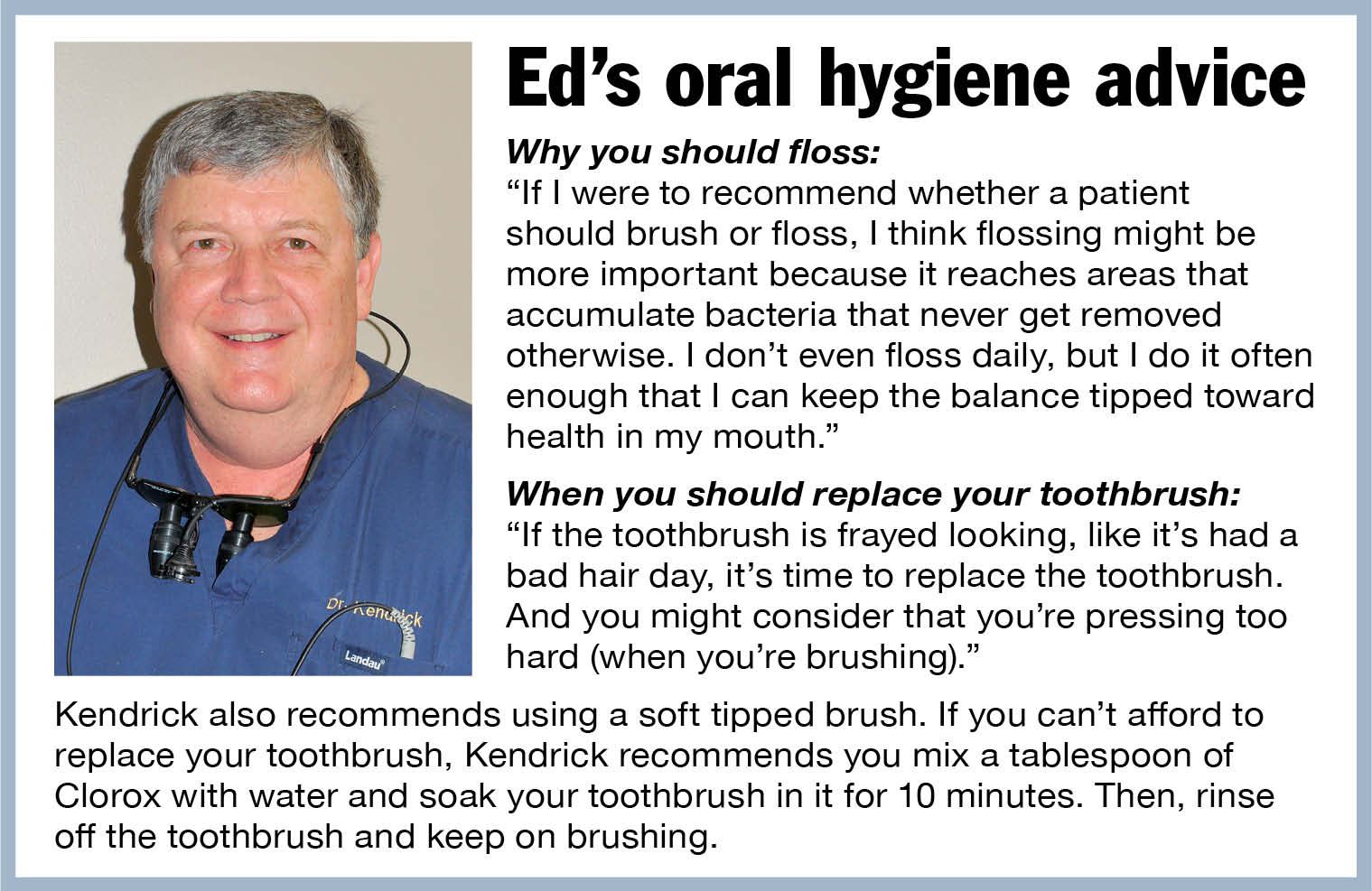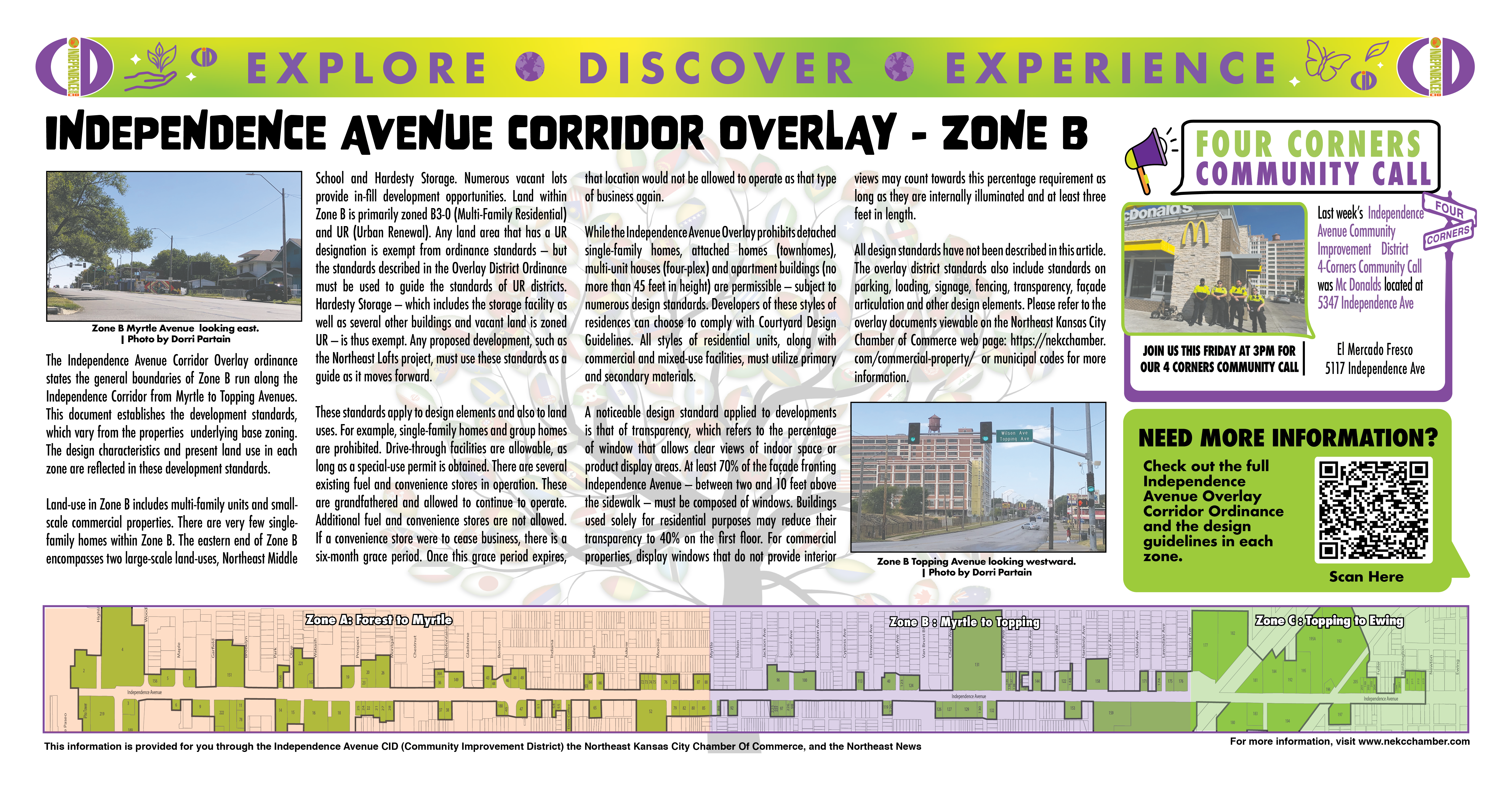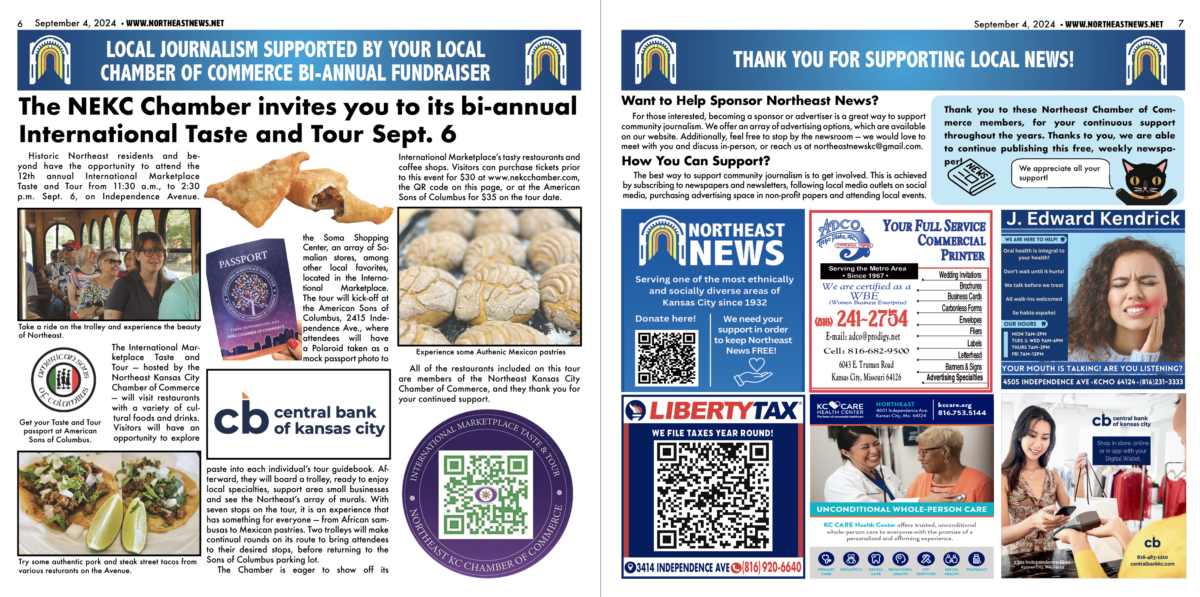By Paul Thompson
Northeast News
September
KANSAS CITY, Missouri – Historic Northeast dentist Dr. Ed Kendrick has spent more than 40 years sustaining his practice, and now he hopes to have a hand in helping the community sustain itself.
Kendrick has recently become interested in the sustainability of vital community resources. At his own office (4605 Independence Ave, Kansas City, MO 64124), Kendrick has looked at installing solar panels, and he is currently in the process of installing LED lighting throughout the building.
“One of the efforts that I’m looking at right now, and I just took a bid yesterday, is to replace all the light bulbs in my entire building with LED’s and reduce the electrical usage by perhaps as much as 60%,” said Kendrick last week.
The prominent Northeast dentist has also turned his sights to sustainable living. After telling the story of using dandelion leaves for salads and hot tea, Kendrick openly wondered how many individuals are looking to their garden weeds for sources of nutrients. He further questions how the general population would handle themselves if, for instance, a cataclysmic event caused grocery stores to struggle filling their shelves.
“In the Northeast community, I think we have some people who already know how to survive on very little,” said Kendrick. “These people may have better skills at navigating the hard times than some of the rest of us that have had comfortable lives.”
Kendrick has already seen members of the community get by with less through his own practice. While a sizable portion of his clientele are insured, he says that the majority of his customers are still without dental insurance. Kendrick noted that his primary concern is the overall health of his patients, adding that not every person needs 28 bright, shining teeth to maintain good health.
“Over the years, I’m seeing that we’re doing less tooth-saving and more tooth-removing,” said Kendrick. “My basic efforts are to preserve health. Basic disease control; making sure I reduce infections, slow the progress of periodontal disease, and slow the process of decay. It’s a balance between affordability and meeting the basic needs of health.”
When it comes to the dental sustainability of his patients, Kendrick adds that it’s quite common for clients to come into his office without a full understanding of what their dental coverage entails. Ultimately, these individuals have to make tough decisions once they realize that only a portion of the service costs are covered.
“Once people have insurance, they may not realize what the benefits are of that insurance,” said Kendrick. “Somebody has made a profit selling the insurance to an employer or an individual, but they haven’t taken the effort to make sure the patient knows what the insurance benefits are.”
Even with the difficult conversations and hard decisions inherent to his line of work, Kendrick says that he’s not planning on going anywhere.
“I’m not planning on leaving; I’m fairly well anchored to this community,” said Kendrick. “I just completed 41 years. It’s almost biblical at this point. I still enjoy coming to work, meeting the challenges, and hopefully making a difference for people.”
As important as Kendrick’s clients are to his success, he places equal importance on keeping his staff satisfied. Kendrick is proud that every member of his team has been at the practice for more than ten years. In fact, two employees have been on board for 25 years. To Kendrick, keeping a happy staff is a vital factor to the success of his practice, as well as for his own personal goal of ultimately reaching 50 years in the field of dentistry.
“They earn decent wages, and they have full medical benefits,” said Kendrick. “Just like any nice employer, I’ve kept my employees because I’ve been fair with them.”
As long as he can keep helping people find sustainable, healthy solutions to their oral health care needs, Kendrick says that he’ll keep pushing onward and outward with his practice.
“What keeps me going is the variety of new experiences that continue to come to us,” he said. “We continue to have experiences with patients that we wouldn’t have imagined.”

















